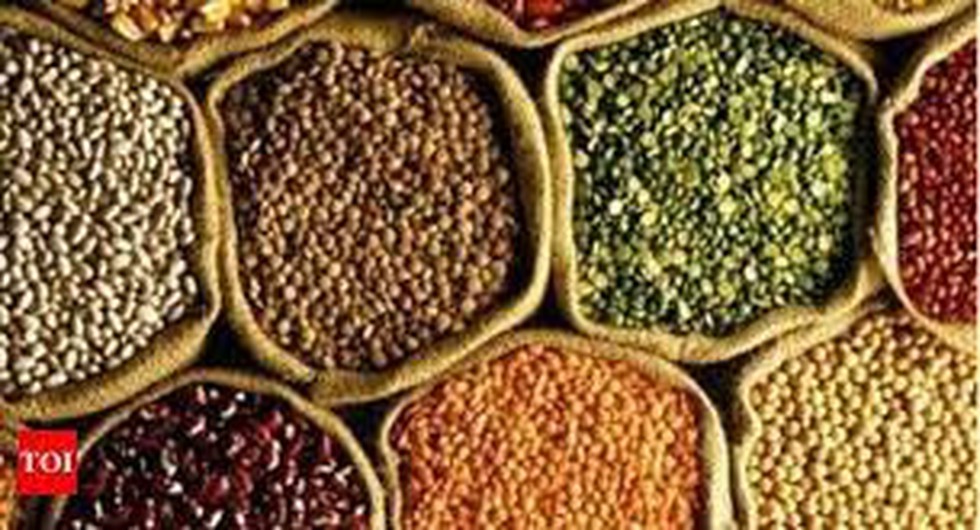Price Support Scheme (PSS)
26-08-2023
01:02 PM
1 min read

Overview:
Recently, in a significant step towards enhancing domestic production of pulses, the government of India has removed the procurement ceilings of 40% for tur, urad and Masur under Price Support Scheme (PSS) operations for 2023-24.
About Price Support Scheme:
- It is being implemented by the Government of India in the state.
- It is one of the components of the Pradhan Mantri Annadata Aay SanraksHan Abhiyan (AASA) scheme.
- Implemented by: The Department of Agriculture & Cooperation implements this scheme for procurement of oil seeds, pulses and cotton, through NAFED which is the Central nodal agency, at the MSP declared by the government.
- Main crops covered: Bajra, Jowar, Maize, Paddy, Cotton, Tur, Moong, Urad, Groundnut, Sesamum Wheat, Gram, Mustard, Sugarcane etc.

What are the Benefits?
- Farmers get the benefit of the scheme through the sale of their produce at support price in APMC centres opened by the Nodal procurement agency.
- When prices of commodities fall below the MSP, State and central notified procurement nodal agencies purchase commodities directly from the farmers at MSP, Under specified FAQ (fair Average Quality).
- In this way, prices of the main commodities are procured and protect the farmers against economic loss in farming.
Q1) What is Minimum Support Price?
Minimum Support Price is a price set by the government to ensure that farmers receive a minimum guaranteed price for their agricultural produce. The MSP is a part of the agricultural support policy implemented by the government to protect farmers from fluctuations in market prices and provide them with a safety net.
